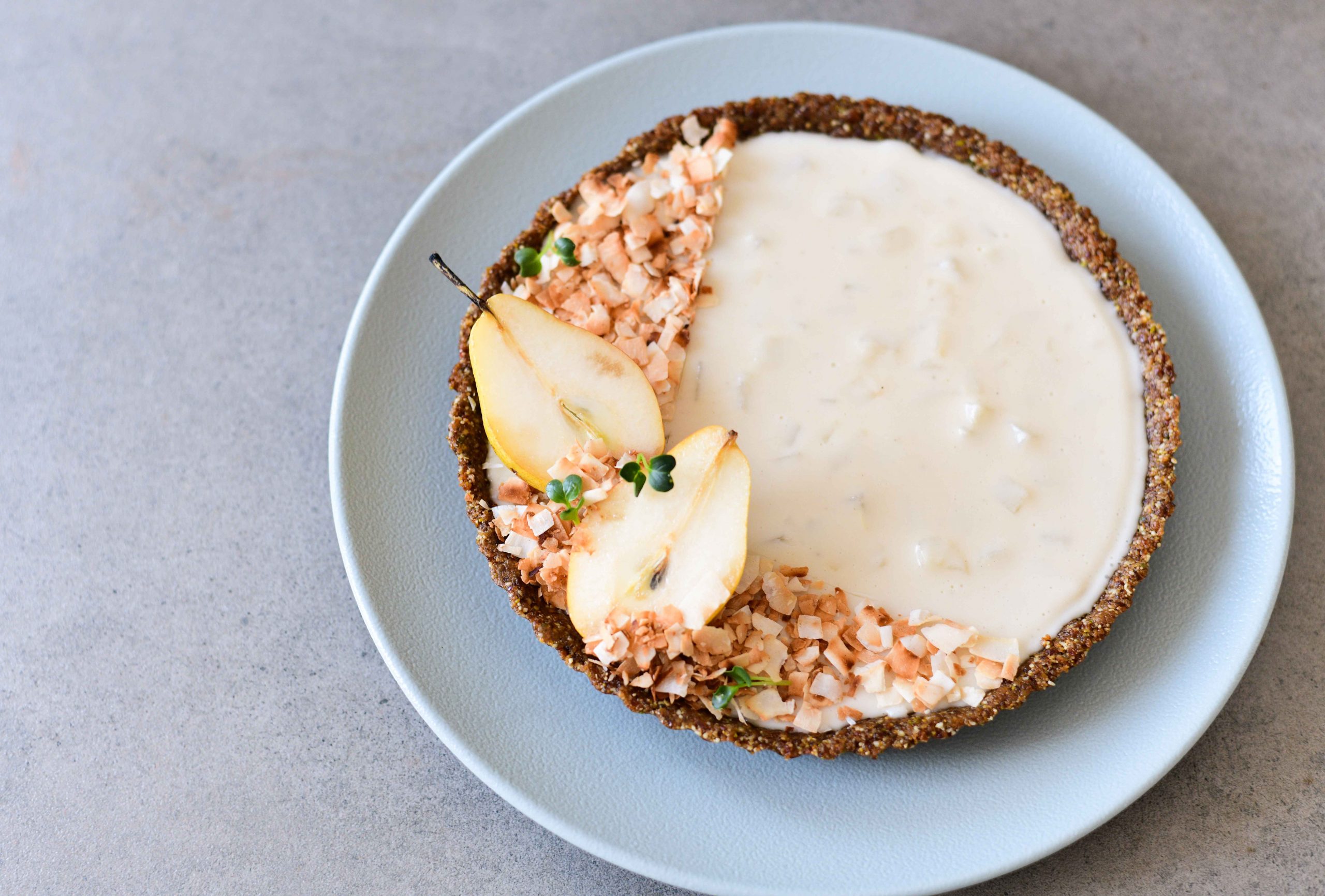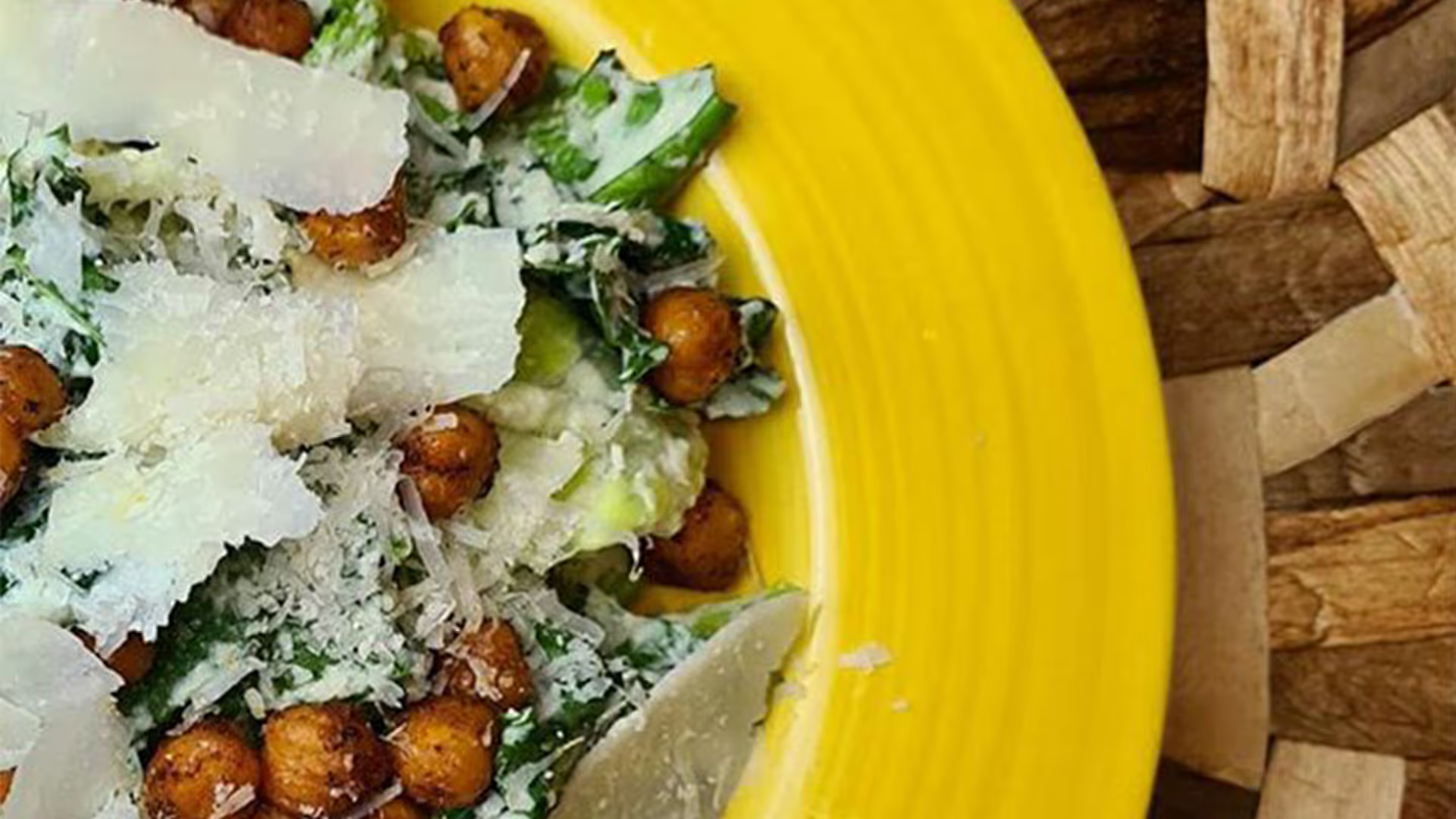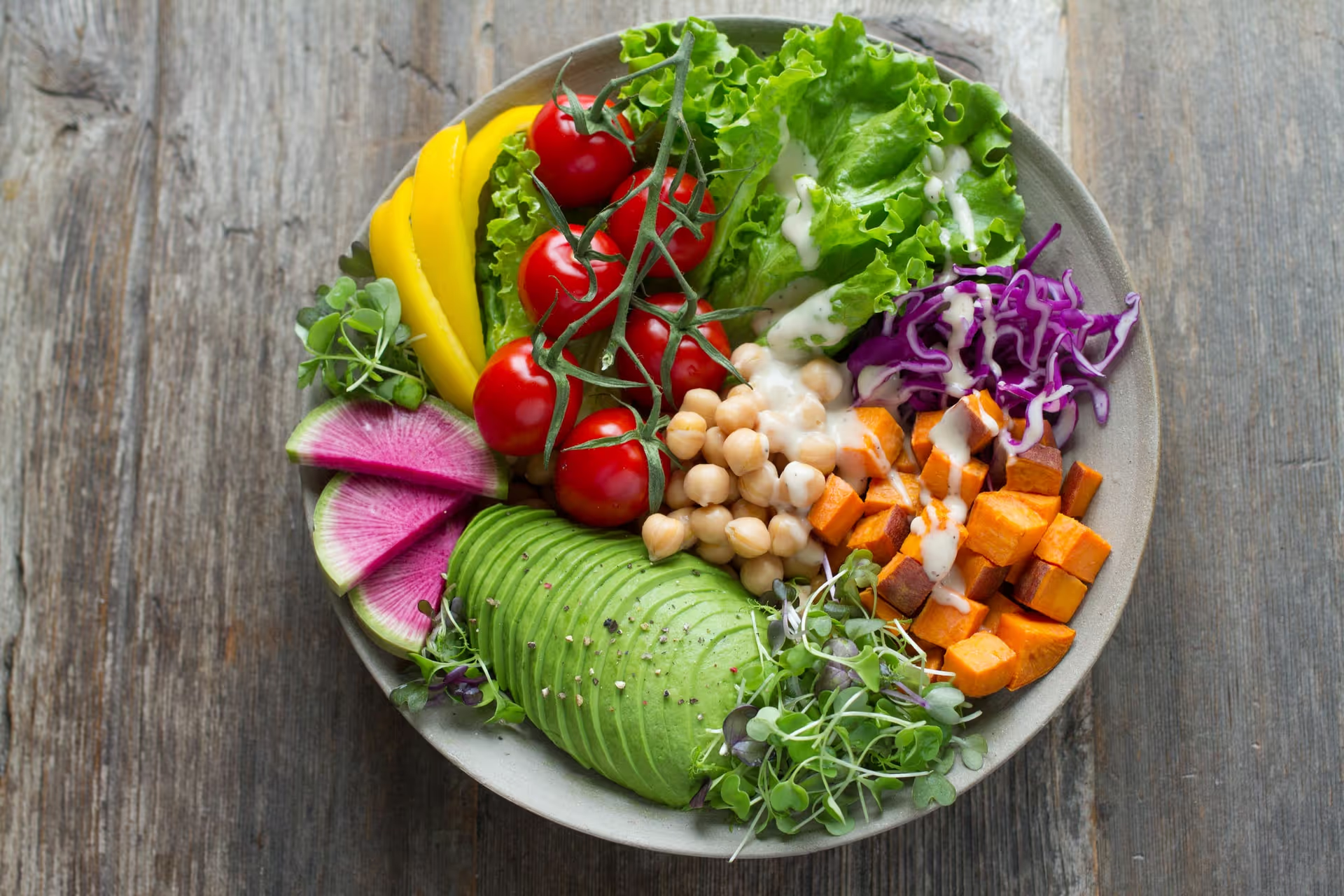Experts say, anxiety with the ongoing Coronavirus pandemic, as well as the social distancing and quarantine efforts as part of preventive and precautionary measures, can be very difficult for people with the risk and history of eating disorders.
There was a time long ago when we ate only when we were hungry. Today we eat to fuel our bodies AND our emotions. We eat when we are dismal, we eat when we are happy; we eat when we are stressed, and we eat when we are bored. Food is no longer just a nutritional element. It has become a reward, a console and enjoyment that fires up our emotions. Living in a modern and civilised world, we humans take great pleasure in eating.
There is both a physiological and psychological relationship between food and emotions. Physiologically it is relatively simple. Certain foods provide us with certain nutrients that influence structure and functions of our body cells as well as neurotransmitters of our nerve cells. Starting your day with a good breakfast goes a long way in increasing a general feeling of wellness, vis-a-vis skipping breakfast altogether, or gorging on the wrong foods early in the morning. Likewise, the choice of foods for lunch or an evening snack will affect the way our bodies respond. Processed and refined foods high on sugar will make us feel satiated and happy temporarily but leave us feeling empty, depleted and wanting more later.
Psychologically there is a deeper relationship between our state of mind and the food that we eat. Chocolate chip cookies, Birthday cakes, Ice-creams, Brownies and Candies are all anchored to treats and happy times. Our brain releases a natural pleasure chemical called b-endorphins when we eat foods that make us happy. We carry this association with us into our adulthood. So a double cream caramel frappuccino becomes our mood elevator at the end of a highly stressful day. Our favourite foods do more than just fill us up when we are hungry – it feeds our emotional hunger too.
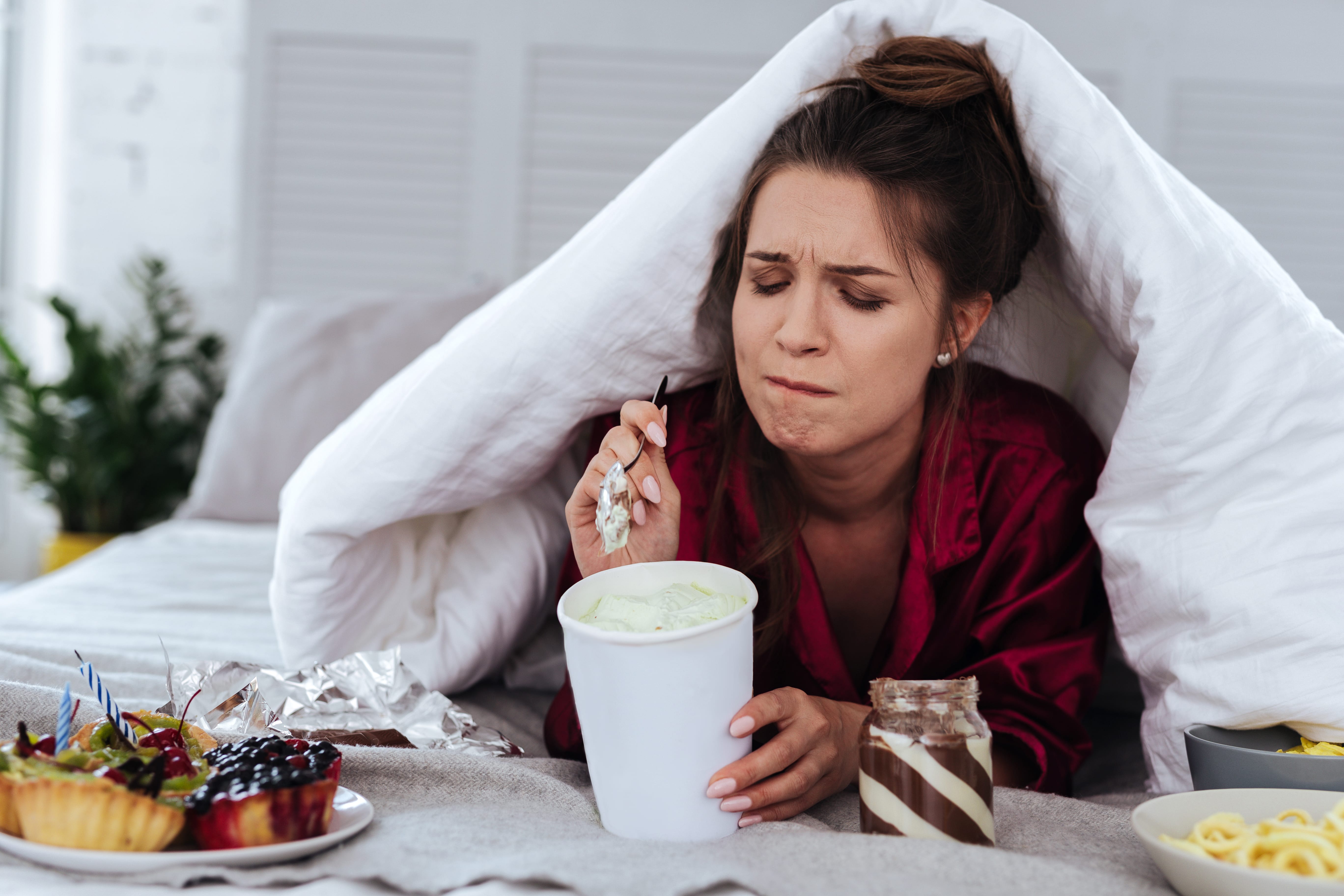
Research indicates that specific emotions that we experience at certain times decide what we eat to satisfy that particular emotion. According to an article published in the American Demographics, “People in happy moods tended to prefer foods such as pizza or steak (32%). Sad people reached for ice cream and cookies 39% of the time, and 36% of bored people opened up a bag of potato chips.” Don’t be too surprised if you then reach out for some sugary goodness to feel a kick of joy. Too much of the energy-dense comfort foods, however, can also set you on an emotional roller-coaster ride.
On the other hand, some people lose their appetites and stop eating when they are in extreme emotional states. It is a very complex equation that we have between emotions and food. So, like in the egg or the chicken problem, do the foods hatch the moods or the moods hatch the foods? It’s a two-way street, I would say. It works both ways.
Whether physiological or psychological, food affects our emotions and vice-versa. A nutrient-packed diet might be the ideal way to alter the brain chemistry and keep us happy; however, the occasional indulgence can make you just as cheerful. A healthy balance of nutritious and comfort foods is the best way to maintain a healthy mood.
Let me snack on a fruit and nut chocolate bar on that note. For ‘laughter is brightest where food is best’ says an Irish proverb.

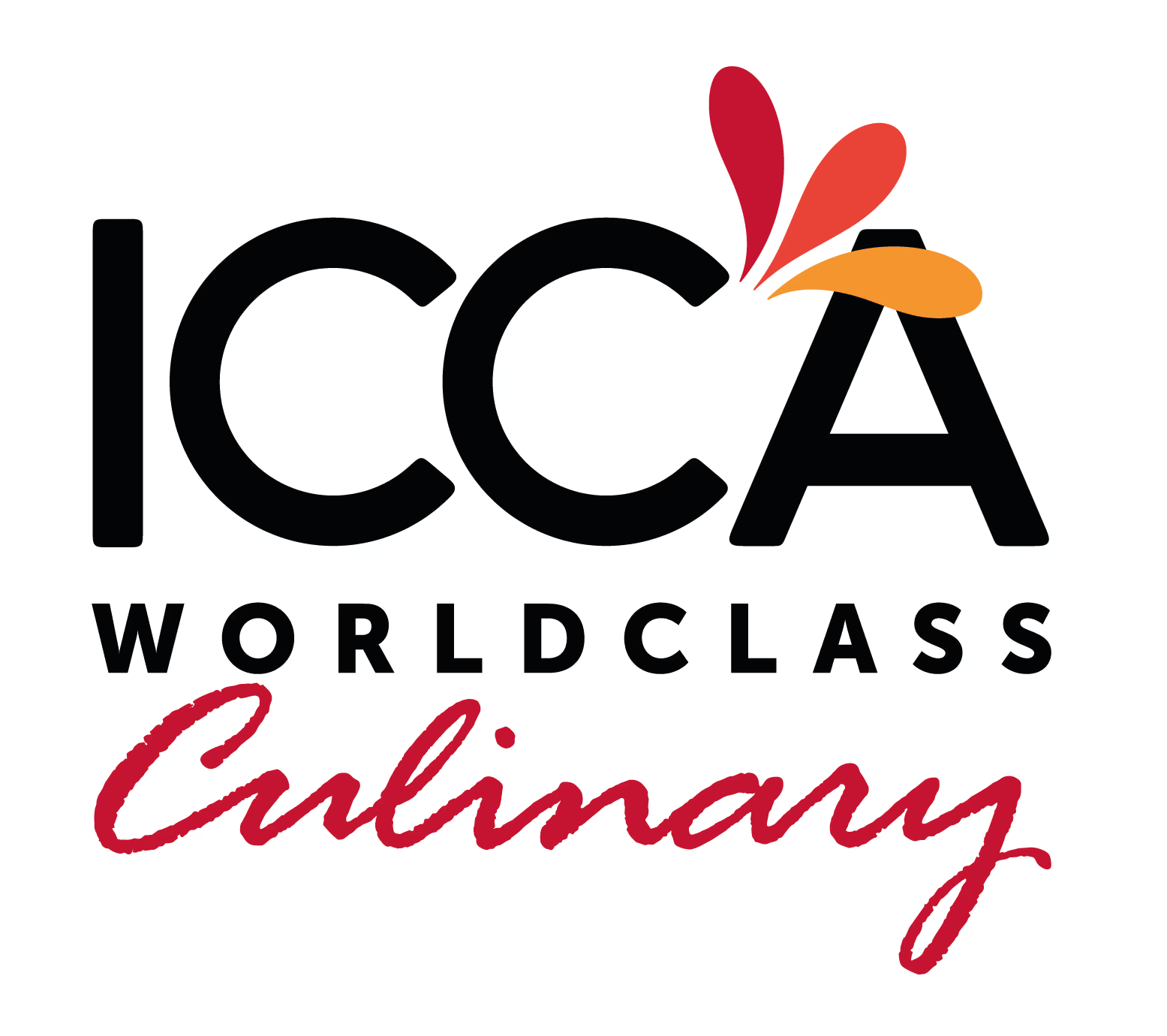

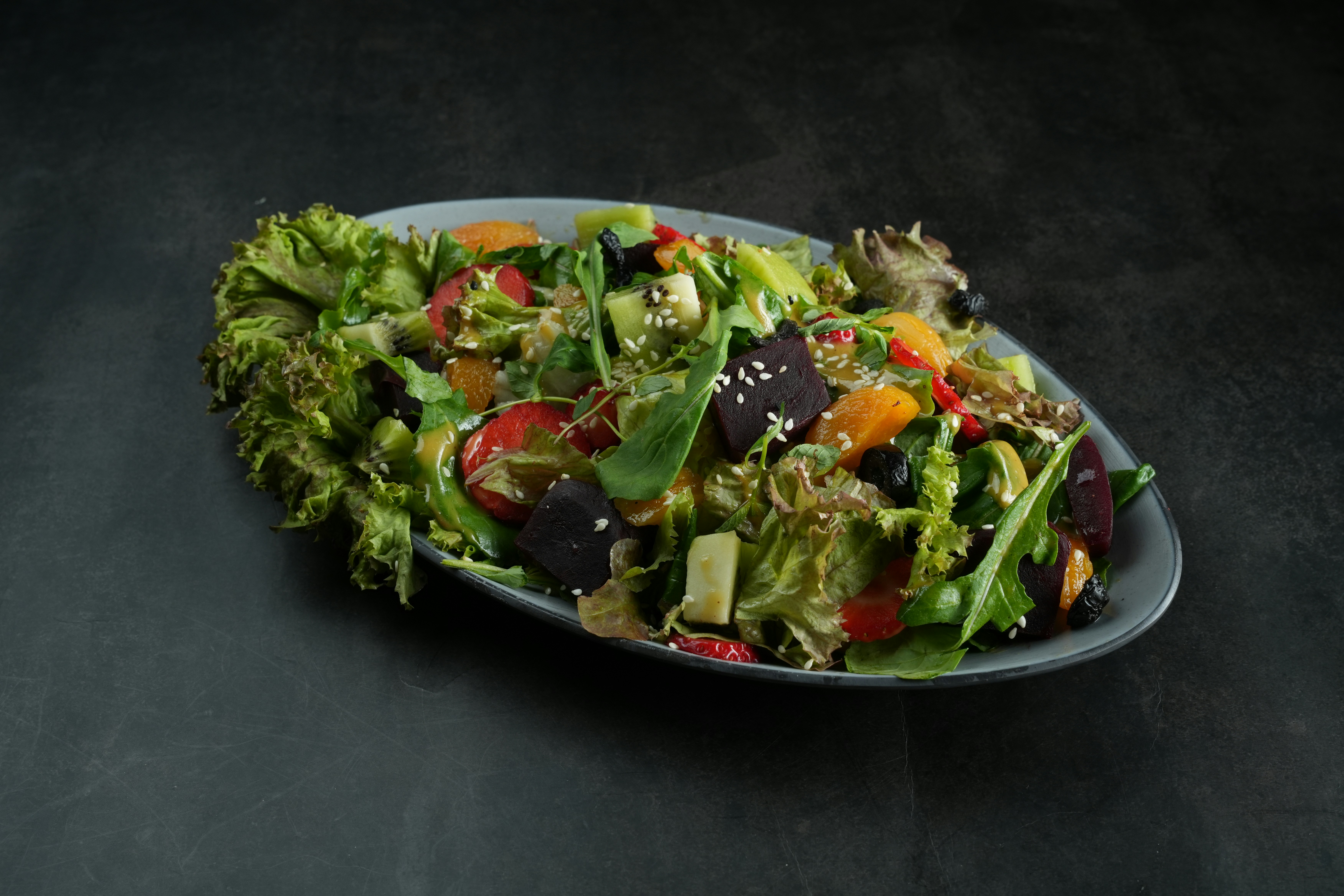
-min.jpg)

